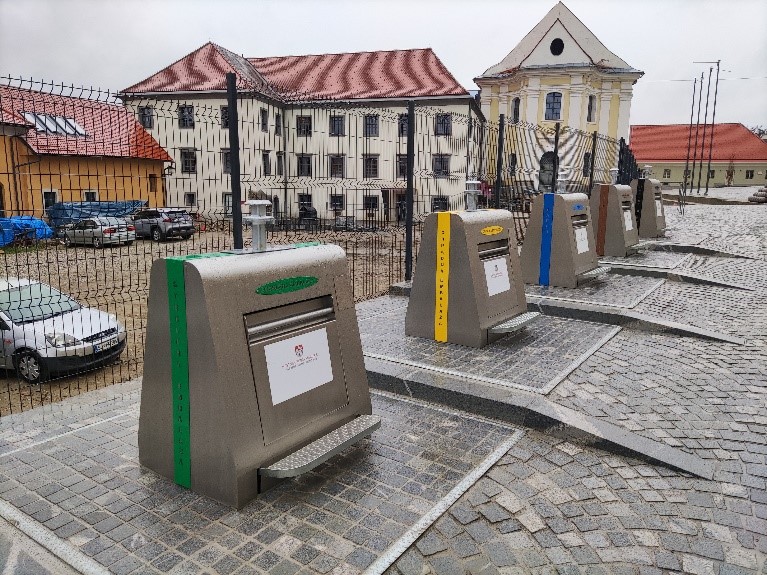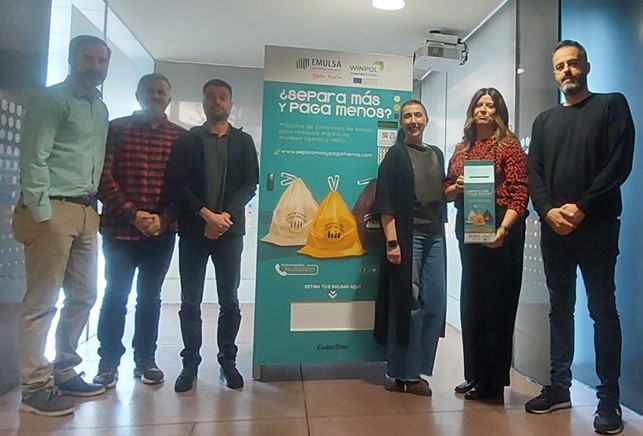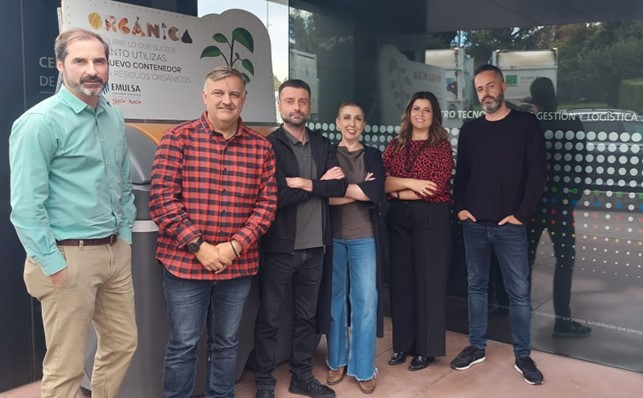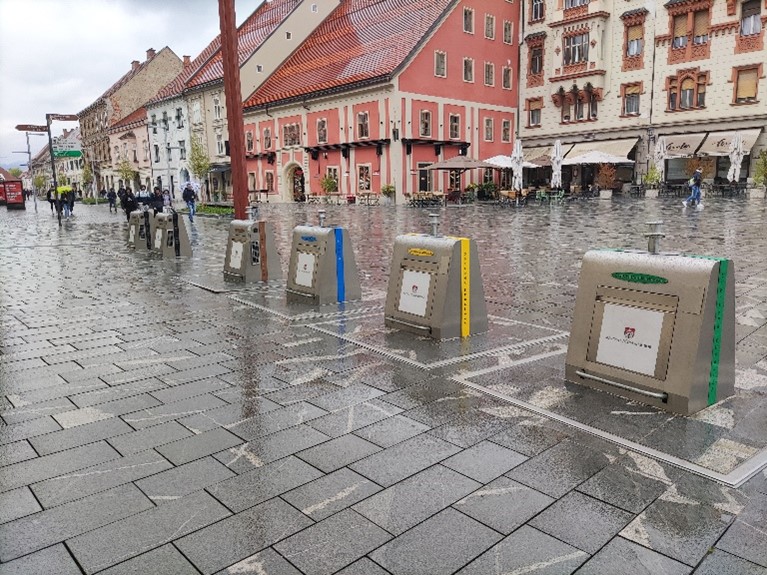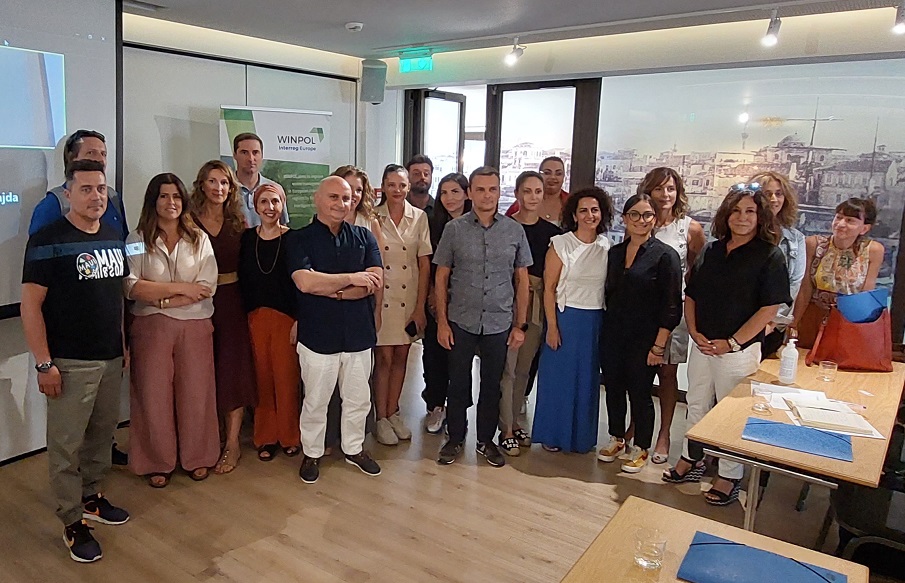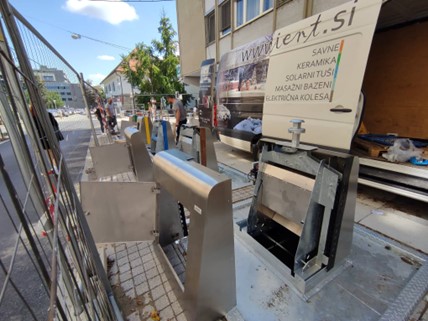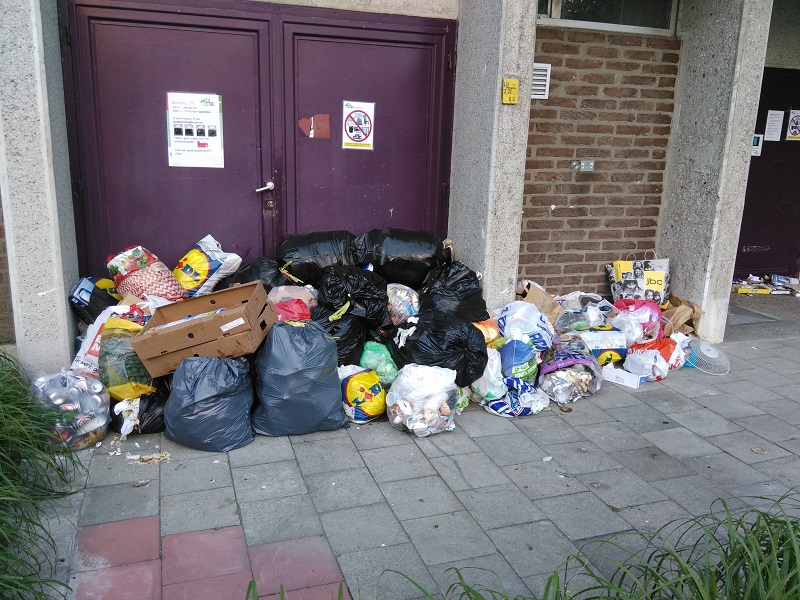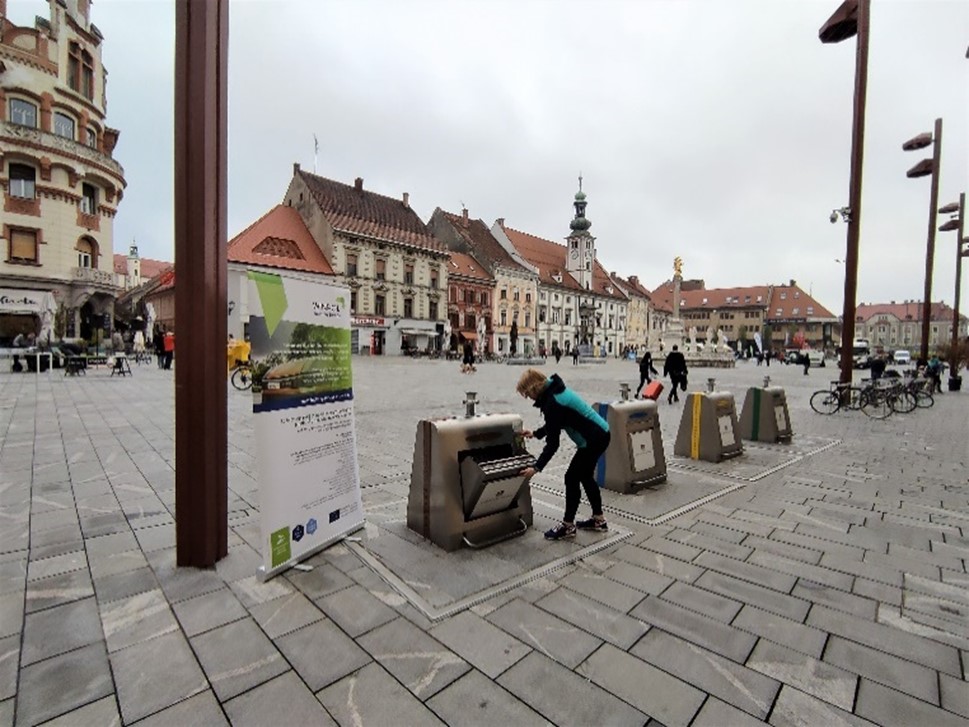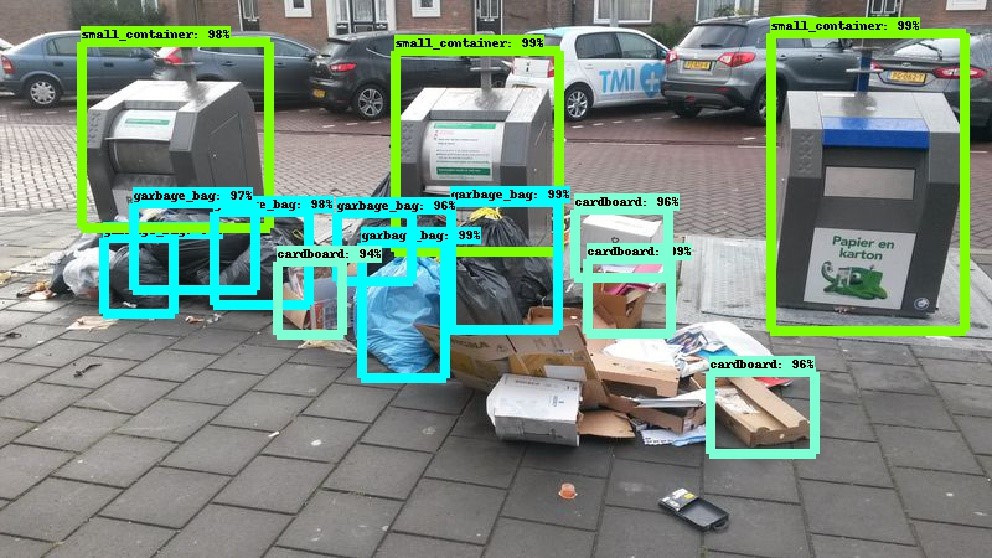The European Commission delivered its first initiative among the actions announced in the new Circular Economy Action Plan by proposing to modernise EU legislation on batteries. The proposal addresses the social, economic and environmental issues related to all types of batteries.
Batteries placed on the EU market should become sustainable, high-performing and safe all along their entire life cycle. This means batteries that are produced with the lowest possible environmental impact, using materials obtained in full respect of human rights as well as social and ecological standards. Batteries have to be long-lasting and safe, and at the end of their life, they should be repurposed, remanufactured or recycled, feeding valuable materials back into the economy.
Amongst the proposed measures to close the loop and maintain valuable materials used in batteries for as long as possible in the European economy, the Commission proposes to establish new requirements and targets on the content of recycled materials and collection, treatment and recycling of batteries at the end-of-life part. This would make sure that industrial, automotive or electric vehicle batteries are not lost to the economy after their useful service life.
To significantly improve the collection and recycling of portable batteries, the current figure of 45% collection rate should rise to 65 % in 2025 and 70% in 2030 so that the materials of batteries we use at home are not lost for the economy. Other batteries – industrial, automotive or electric vehicle ones – have to be collected in full. All collected batteries have to be recycled and high levels of recovery have to be achieved, in particular of valuable materials such as cobalt, lithium, nickel and lead.
More details in the press release of the European Commission here.


